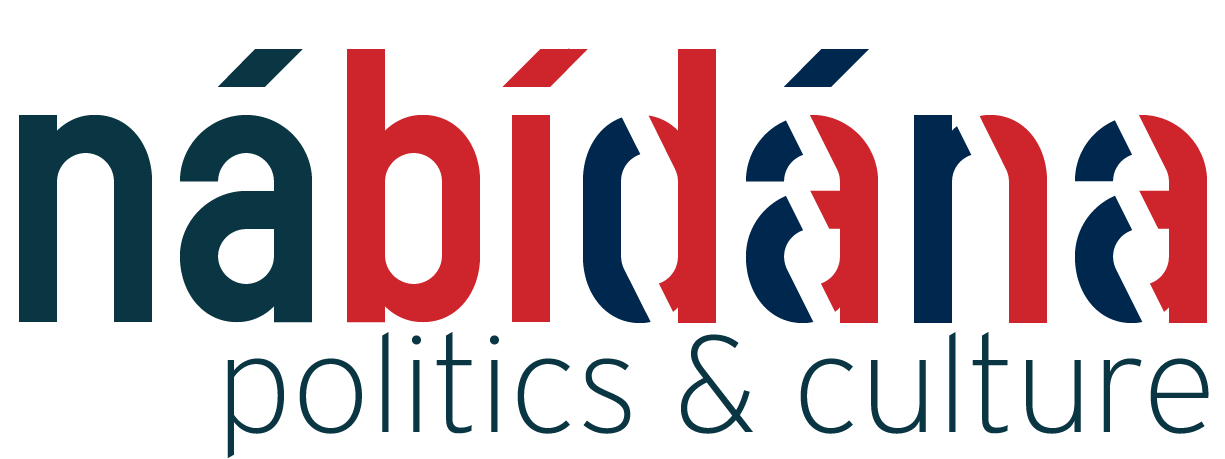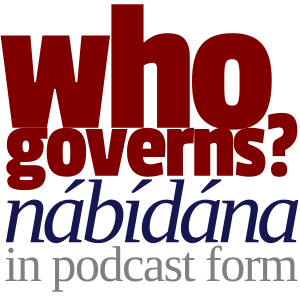Opinion polls are the methodone fix for unreconstructed politics addicts between elections. Our resident pusher is Mike Smithson, the genial and analytically astute host of http://politicalbetting.com, a site which pulls together the rumour-mill, the important political; stories of the day and opinion polls, for the important task of facilitating the lucrative political betting market.
It’s a clear sign that political punditry has become lucrative when Ladbrokes offers guest podcast appearances describing their market methodologies, and is now sponsoring the site up to the General Election. Obviously, as a tory I am delighted that oppotunities to establish new markets have arisen from politics, and that a few might make a small packet on the proceeds of their betting. On the other hand, like many even completely obsessed political observers and participants, I find the sheer number of disparate polls is beginning to make the job of actually tracking trends extremely complex.
Too many fucking polls
Chief culprit is YouGov’s daily political tracker in the Sun and Sunday Times; it’s confusing people because of the very short delay between completion of polling and release of data; the afternoon news cycle is often completely missed in the polls, with the inevitable outcome that the results reflect the settled view of the people polled for the day before.
To illustrate this: (click to zoom)
I’m simply contending that the real actual polling window when people can and will talk to pollsters on a daily basis is in the evening after work. Polling of people will vary according to what’s on the 6 o’clock news, which may be reporting the events of the day, but won’t provide any time whatsoever for the political significance of things said and done to sink in. In addition, I’ll contend that any polling conducted before the 6 o’clock news is useless, reflecting only the stories stuck in the polled peoples’ heads for the day before. I’m arguing that the YouGov poll is therefore ineffective at identifying real voting intention,a nd will be taken by the panel as much more a poll on the day’s media performance by the parties.
We’ve seen this in thedramatic rise and then slump in the LibDem polling as a result of their media exposure. Since none of our political leaders are absolutely hateful people when interviewed. any media exposure they get will be positive unless it’s a serious gaffe. We saw this in relation to Gordon Brown’s Bullygate fiasco. Given an opportunity to speak to people, a significant number (though still a minority) of those people will decide they like what he had to say.
Then there’s the disparity between polls. We’re told there’ll be 10 polling companies on the election trail. Angus Reid for Political Betting has a Conservative Lead of 13% most recently, on a day when YouGov had a lead of just 3%. That’s a difference between an overal Conservative Majority of between 30 and 80 and a Labour domination of a Hung Parliament. Other polls report somewhere in between.
I’ll finally contend that the betting market is the one most likely to be right on the day, partially because those people betting on the election outcome will be a much larger polling panel than any of the pollsters have yet put together. If you really want a poll that matters before election day, it’ll be the odds at Ladbrokes.com on 5th and 6th May. After that the betting might begin on which party Nick Clegg will convince his sandal wearing surrender-monkeys to cosy up to.


